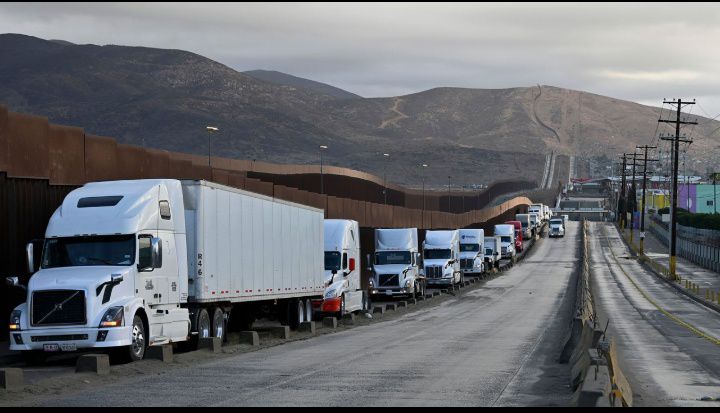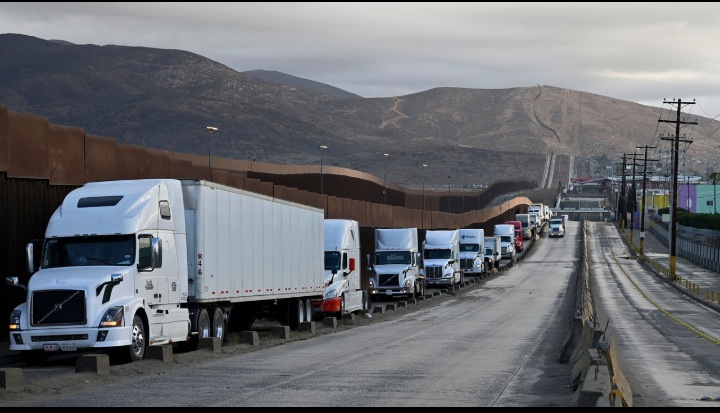
The recent deadly highway crash in Florida has triggered significant policy action by the U.S. government, highlighting growing concerns over safety and immigration enforcement in the trucking industry.
On August 12, a tragic collision occurred on the Florida Turnpike when Harjinder Singh, a 28-year-old Indian national operating a semi-truck, made an illegal U-turn that resulted in the deaths of three people traveling in a minivan. Singh, who illegally entered the U.S. in 2018, possessed commercial driver’s licenses from two states despite being ineligible. Investigations brought to light Singh’s inability to effectively communicate in English, failing most verbal and sign recognition tests administered by the Department of Transportation. He has been charged with three counts of vehicular homicide and extradited for prosecution.
In response, Secretary of State Marco Rubio announced an immediate suspension of all worker visas for commercial truck drivers—a move aimed at protecting public safety and supporting American truckers. This is part of a broader crackdown on foreign drivers amid mounting concerns about language proficiency and regulatory compliance in the industry. Transportation Secretary Sean Duffy described the trucking sector as a “lawless frontier” under previous policies and has launched a Federal Motor Carrier Safety Administration probe into both Singh and his employer, White Hawk Carriers, Inc..
The decision also reflects a reversal of prior relaxed enforcement on language standards for drivers, reinstating strict English proficiency requirements mandated by a presidential executive order issued earlier this year. Since June, drivers who fail these language tests have been taken out of service.
This visa suspension comes at a complex time for the trucking industry. Foreign-born truckers now make up about 18% of the workforce, over 720,000 strong, a number that has more than doubled since 2000. Meanwhile, the industry struggles with a chronic shortage of drivers, which raises concerns that cutting off visas for foreign drivers could intensify supply chain pressures and logistical bottlenecks.
Beyond trucking, the U.S. State Department is intensifying visa reviews for all 55 million foreign nationals currently holding U.S. visas, checking for overstays, criminal activity, and immigration violations. Whether this commercial driver visa suspension will be temporary or permanent remains unclear.
This policy shift underscores the balancing act between ensuring road safety and addressing workforce needs in an industry critical to the nation’s economy. The tragic crash was a wake-up call that has prompted swift government action in hopes of preventing future disasters on American highways. The trucking sector now faces increased scrutiny and potential operational challenges as a result of these evolving immigration and safety regulations.

